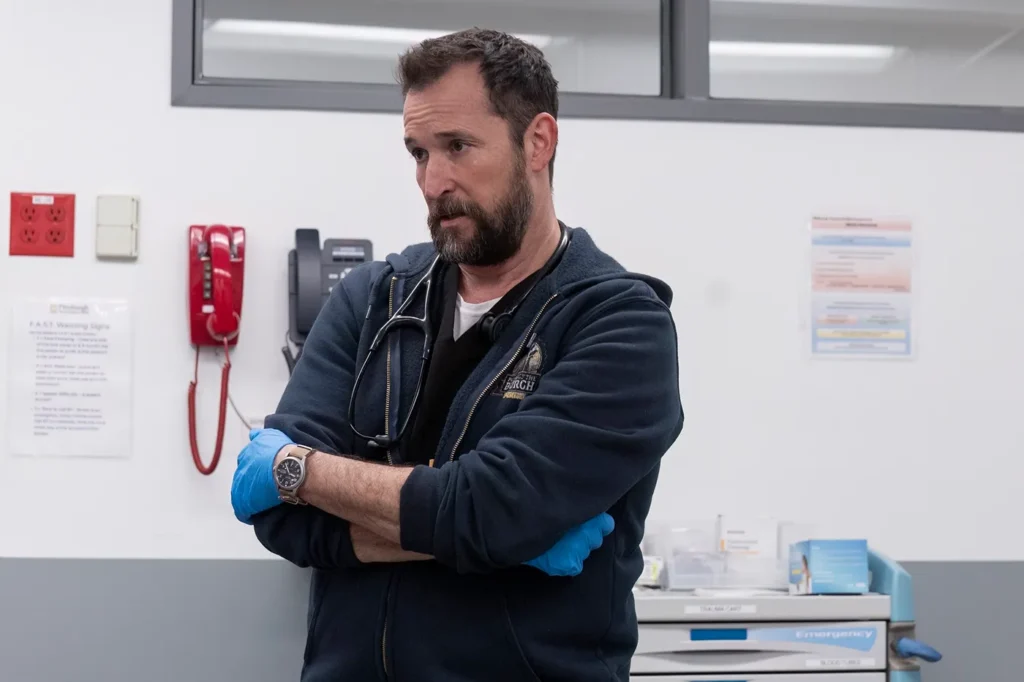Starting this week, moviegoers won’t be able to avoid Michael B. Jordan.
He’s the star of “Sinners,” the Deep South-set vampire movie from Jordan’s longtime creative partner Ryan Coogler, which could prove to be one of the biggest hits of the year. He’s also his own co-star, pulling double duty as a pair of identical twin gangsters, Smoke and Stack, in 1930s Mississippi.
Jordan’s dual performance(s) are part of a long lineage of actors playing twins. From Nicolas Cage in “Adaptation” to Lindsay Lohan in “The Parent Trap,” twins are an enduring part of the Hollywood machine. For “Sinners,” Coogler took the assignment seriously enough to bring on real-life twins as consultants to help Jordan prepare for his two roles.
But how much do movies like “Sinners” get right about the unique relationship that twins have?
“There are some extremes there that may not necessarily represent the reality of it,” says Laurie Kramer, a professor of applied psychology at Northeastern University who has studied the psychological dynamics of twins.
There’s the trope of the evil twin and the depiction of twins as having a nearly telepathic bond that stretches the truth, but Kramer says there is a kernel of truth to many of these depictions.
“The reality is that they do tend to be rather close relationships where there is a strong sense of understanding and trust and loyalty and maybe a little bit of social comparison and competition that isn’t necessarily a bad thing,” Kramer says. “These things are real. A lot of it comes not just from the biology of it but from the experience of growing up together, of being able to really rely on each other, to know each other so intimately, and for other people to respond to you and react to you as being part of this really interesting relationship.”




